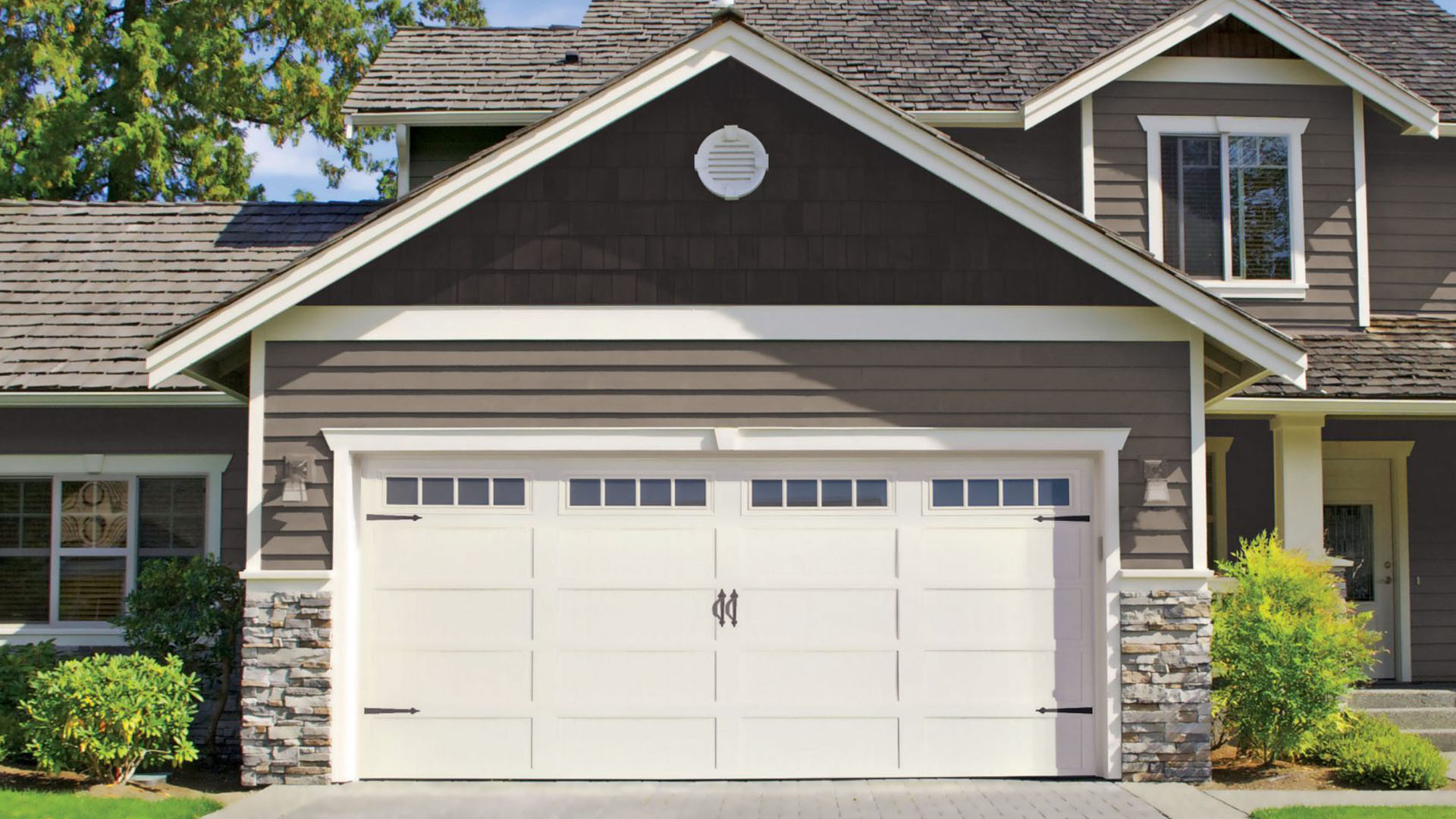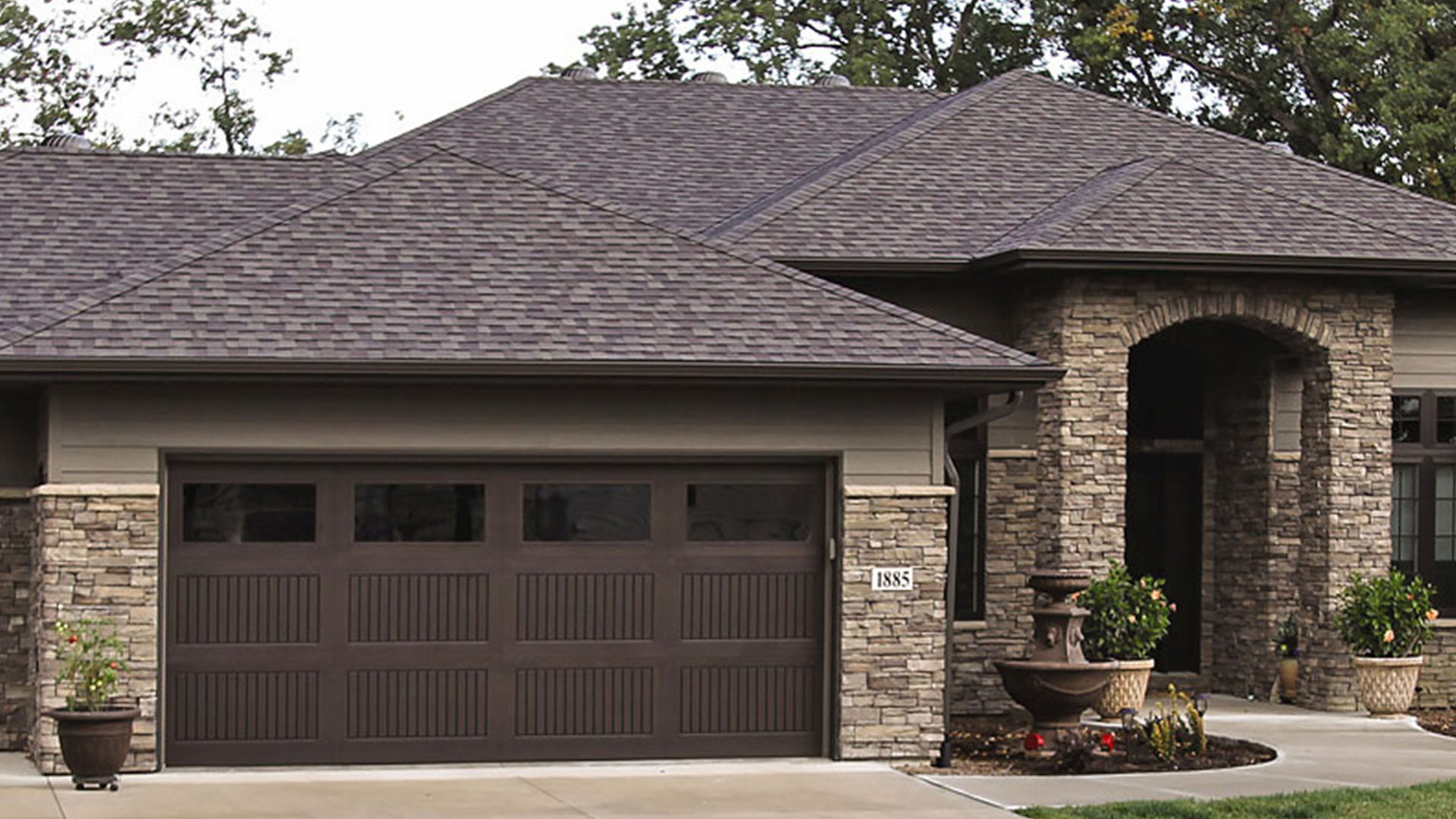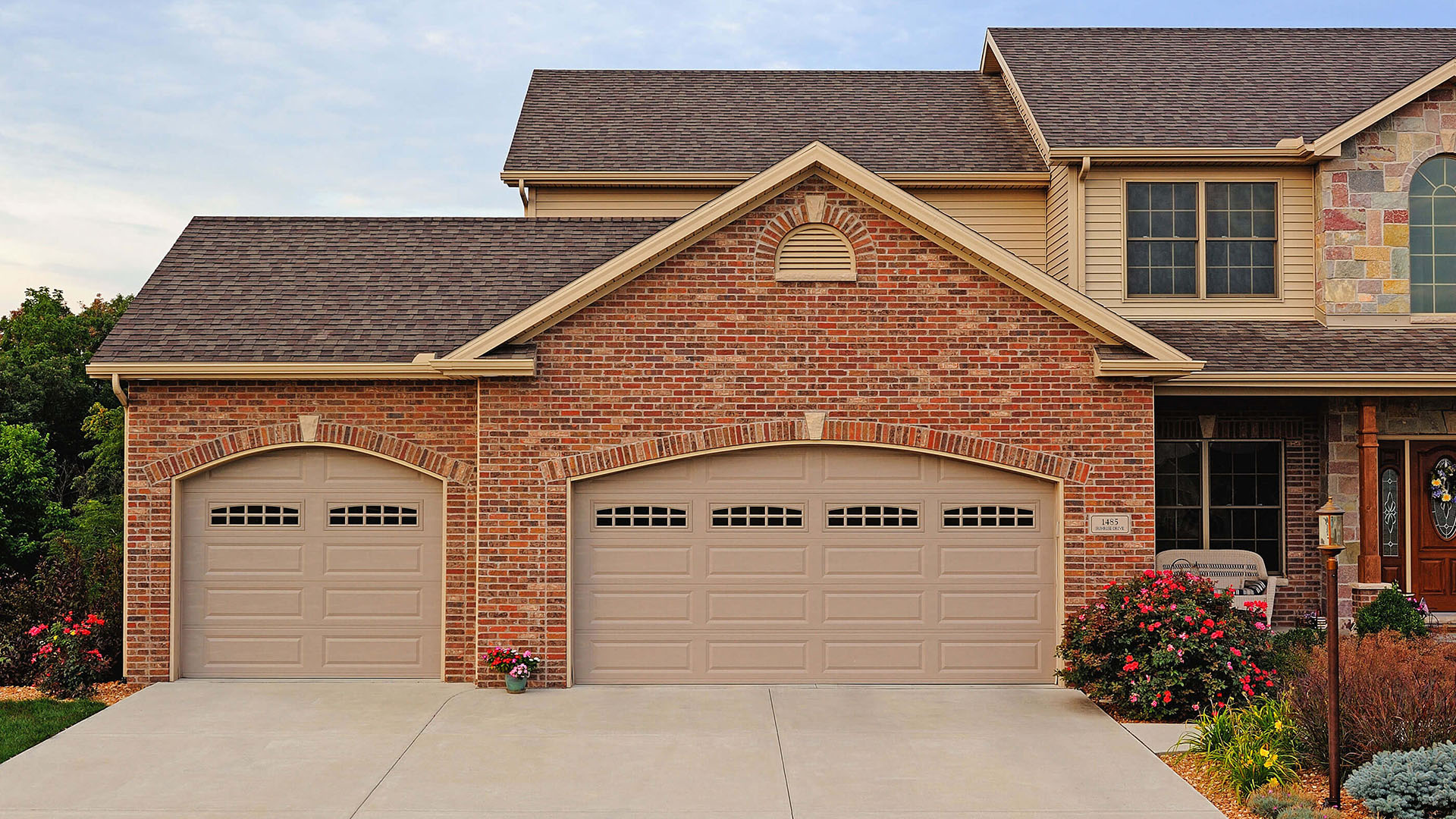
Choosing the Right Garage Door Spring: A Comprehensive Guide
Introduction
When it comes to the functionality of your garage door, the springs are unsung heroes. You might not think about them until they break, but understanding how they work and knowing how to choose the right garage door spring is essential for maintaining your garage door's efficiency. Whether you're dealing with a broken spring or considering a replacement, this guide is designed to walk you through everything you need to know about garage door springs, including how to select the right one for your needs.
Choosing the Right Garage Door Spring: A Comprehensive Guide
Understanding Garage Door Springs
Garage door springs are crucial components that help lift and lower your garage door. They come in two main types: torsion springs and extension springs. Knowing which type you have can help you decide whether you need broken spring replacement services or a complete upgrade.
Torsion Springs vs. Extension Springs
- Torsion Springs: These are mounted above the door and use torque to lift it. They're typically more durable and can handle heavier doors.
- Extension Springs: Located on either side of the door tracks, these springs stretch and contract as the door opens and closes. While they're easier to replace, they may not last as long as torsion springs.
The Importance of Proper Spring Selection
Selecting the right garage door spring involves considering several factors like weight, style of your garage door, and even local climate conditions. A mismatched spring can lead to inefficiency, increased wear and tear, or even safety hazards.
Weight Considerations
When replacing your garage door spring, https://neighborlypro.com/los-angeles/garage-door-spring-services/ it's vital to assess the weight of your door accurately. Too weak of a spring will struggle to lift the door while too strong of a spring could lead to premature wear.

Signs Your Garage Door Spring Needs Replacement
How do you know when it's time for a garage door spring replacement service? There are several signs:

DIY vs. Professional Repair Services
While some homeowners might opt for a DIY approach for their garage door spring repair, it's often advisable to call in professionals for broken spring replacement services.
Why Hire Professionals?
- Safety: Garage doors can be heavy and dangerous if mishandled.
- Expertise: Professionals offer specialized knowledge that ensures proper installation or repair.
- Warranty Options: Many service providers offer warranties on their work.
Cost Factors for Garage Door Spring Replacement
How much should you expect to pay for a garage door spring repair service? The cost can vary widely based on several factors:
Material Type
Different materials carry different costs:
- Steel is common and affordable.
- High-grade materials like galvanized steel last longer but come at a premium price.
Labor Costs
Labor costs often make up a significant portion of total expenses. Hiring an experienced technician may cost more initially but could save money on future repairs due to quality workmanship.
Types of Garage Door Springs Explained
Torsion Springs in Detail
Torsion springs are typically favored for their durability and efficiency in handling heavier doors.
Life Expectancy
Most torsion springs last around 10,000 cycles (one cycle equals opening and closing once). Regular maintenance can extend this lifespan significantly.
Extension Springs Explored
These are simpler mechanisms but require careful attention during installation due to their potential dangers when under tension.

Adjustability Options
One advantage of extension springs is that they are often easier to adjust than torsion springs, making them appealing for DIY enthusiasts.
Choosing Quality Garage Door Springs
Material Matters! What Should You Choose?
Choosing high-quality materials ensures longer-lasting performance from your garage door springs:
- Galvanized steel is resistant to rust.
- Oil-tempered steel offers additional resilience against wear.
Brand Reputation Counts! Which Brands Are Best?
Not all brands are created equal! Here’s what we recommend:
These brands provide reliable products backed by solid warranties—crucial when investing in new parts!
Garage Door Spring Installation Process
1. Gather Necessary Tools
Before diving into installation or repairs, ensure you have all necessary tools at hand:
- Wrenches
- Pliers
- Safety goggles
2. Follow Manufacturer Instructions
Always refer back to manufacturer instructions specific to your type of spring—following these guidelines minimizes mistakes!
Maintenance Tips for Longevity
Regular Inspections
Checking your garage doors regularly ensures any issues get caught early before leading into costly repairs down the line!
Lubrication Routine
Applying lubricant periodically keeps moving parts operating smoothly—don’t forget those important hinges too!
FAQs about Garage Door Springs
Q1: How do I know if my garage door has a torsion or extension spring?
A1: Check where the springs are located; if they’re above the closed door, it’s likely a torsion spring; if on both sides, then extension springs!
Q2: Can I replace just one broken spring?
A2: It’s generally recommended that both springs be replaced simultaneously—for balance reasons and avoiding future breakage issues!
Q3: How much does it cost for professional installation?
A3: Prices vary widely based on location but typically range from $200-$500 depending on labor rates and part quality chosen!
Q4: Is it safe to attempt DIY repairs?
A4: While some minor adjustments can be done safely at home—it’s best practice always consult professionals especially with potentially dangerous tasks like replacing high-tension springs!
Q5: What happens if I ignore signs that my spring needs replacement?
A5: Ignoring warning signs could lead not only inefficient operation but also leave you vulnerable—to accidents caused by sudden failures while operating machinery under strain!
Q6: How long does it take professionals usually take for replacements?
A6: Most installations can be completed within 1–2 hours depending upon complexity involved & existing setup configuration complexity levels encountered during installation phase!
Conclusion
Choosing the right garage door spring is no small task—but with this comprehensive guide at hand—you now have all necessary knowledge required! Whether opting for DIY methods or calling upon expert broken spring replacement services—understanding what goes into selecting quality parts makes everything worthwhile! So next time those trusty mechanical wonders start acting up—remember this guide helps put YOU back in control over YOUR home improvement needs!